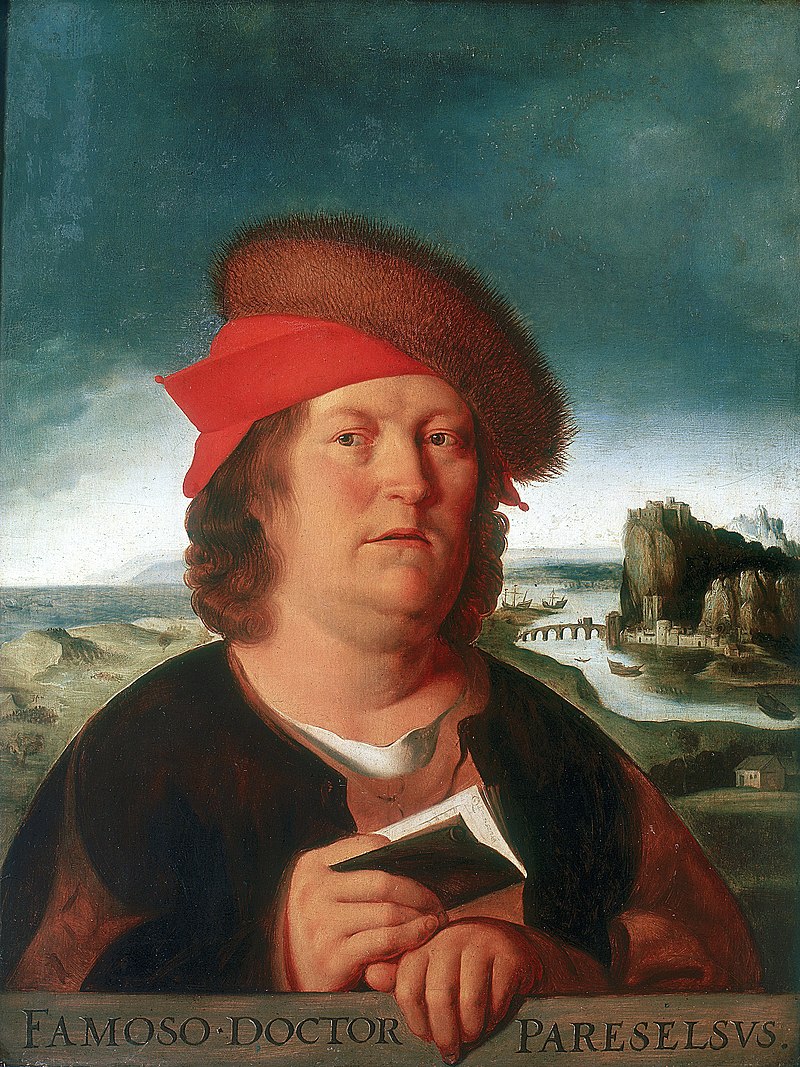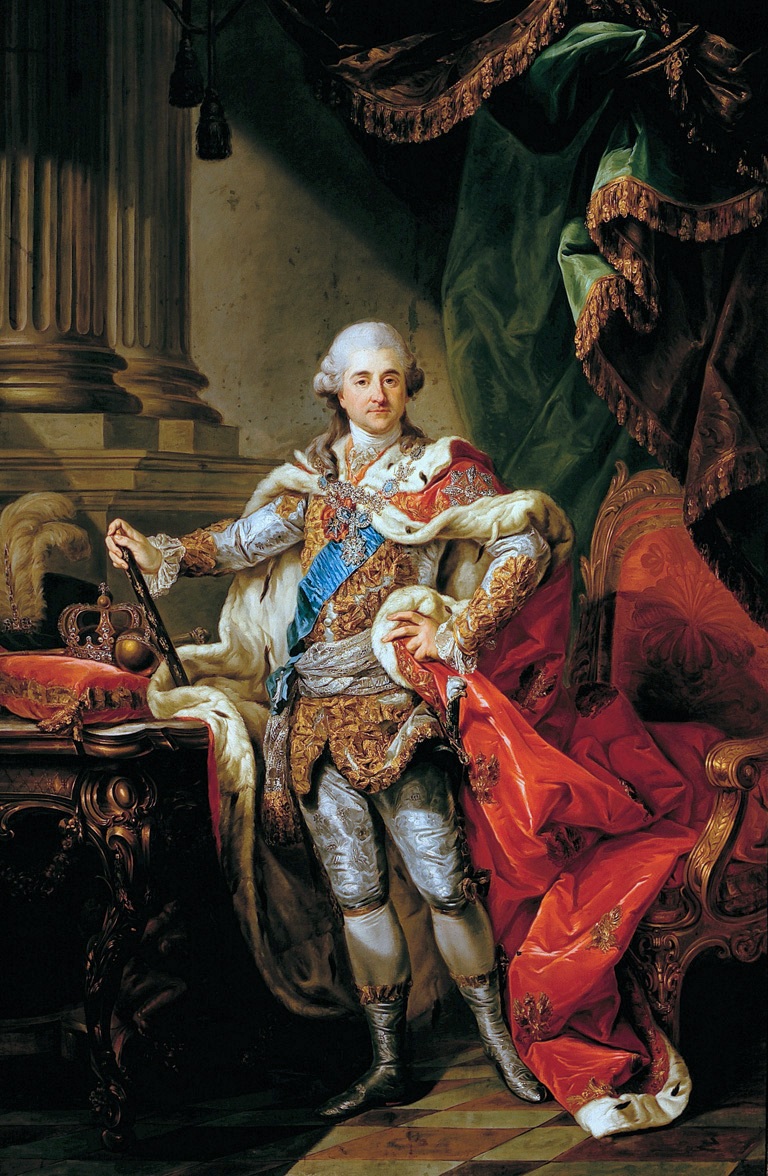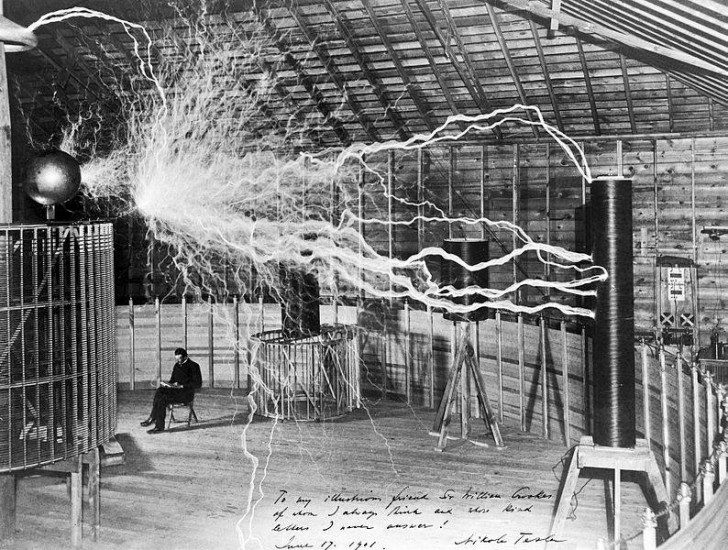WHO WAS THE AUTHOR OF THE WORK … ?
Many books have been written since then, when a man learned to express his thoughts by signs. Many kilometers of highways could be built from these volumes, which were completely forgotten. Other, much less numerous, have left a permanent mark on the development of our culture. We list a few works here, which played a historic role, shaping religious views, scientific, social or political of mankind. You need to indicate their author.
1. „Koran”
2. "Of the Revolutions of Heavenly Spheres”
3. "In praise of stupidity”
4. "On the repair of the Republic of Poland”
5. "On the spirit of the laws”
6. "About an effective method of advice”
7. "Capital”
8. "A trip to Darkgarden”
9. „Utopia”
10. Letters of Anonymous”
Reply:
1. „Koran”, the holy book of islam, contains the revelation of Muhammad. It was written after the prophet's death in the years 632-656. Content covers the principles of faith and morals, provisions of civil and criminal law, hygiene and policy, without systematic ordering, in the form of instructions, stories, cautions. The Koran was a model for Arabic literature.
2. On the basis of astronomical observations and calculations, Nicolaus Copernicus came to a conclusion, that, contrary to the beliefs of the time, the Earth and other planets revolve around the Sun.. He announced his theory in the memorable work De revolutionibus orbium coelestium” ("Of the Revolutions of Heavenly Spheres”), which was printed in Nuremberg in 1543 R., shortly before his death.
3. Erasmus of Rotterdam, the most versatile and influential humanist of the 16th century, in the praise of folly” (1509 R.) he spoke out against abuses in the Church and against scholasticism. He combined extensive knowledge with sharp humor. He played a major role in preparing for the Reformation, although he later spoke out against Luther and remained a Catholic until the end of his life.
4. Andrzej Frycz Modrzewski in the work entitled "On the repair of the Republic of Poland” carried out a sharp criticism of feudal relations and defended the peasant against growing serfdom and serfdom. Its program was the best-thought-out social program in Poland during the Renaissance.
5. Karol Montesquieu is the author of the work “On the spirit of laws” ("The Spirit of Laws", 1748 R.). In it, he analyzed the political systems of European countries and indicated the political system of England, as the best guarantor of freedom, in the form of a monarchy controlled by the representation of the nation. He also motivated the principle of separating the legislative power, executive and judiciary.
6. In the years 1760—1763, Stanisław Konarski published a great work on the political reform of the state entitled. "About an effective method of advice”. There he fought the infamous theorem, that Poland is a harlot, and demanded a reform of the executive authorities, abolishing the liberum veto and introducing the principle of a majority in the Seym.
7. Karol Marks, founder of scientific socialism, published in 1867 R. The first volume of “Capital”. He called this work his life's work. "Capital” contains a lecture on the economic and socialist views of Marx. It is a critique of contemporary society and the capitalist mode of production. After Marx's death, two more volumes of Capital” prepared for printing by Fryderyk Engels.
8. Stanislaw Kostka Potocki, politician and speaker from the period of the Four Years' Sejm, in Congress Poland, minister of denominations and enlightenment, he fought against ignorance and regression. W 1820 R. announced "A Journey to Dark Garden”. It is a fictional description of a trip to a land, where all superstitions have taken a seat, superstition and abuse. It was especially a harsh satire on the Church.
9. Thomas More (Morus) he was the author of the work "Utopia” (1516 R.). In it, he criticizes the contemporary socio-political system and its basis: private property. It is contrasted with the ideal system of the fantastic island of Utopia. More was a profound influence in the development of progressive social thought. For opposing the religious reforms, Henry VIII was sentenced to death.
10. In the years 1788-1790, Hugo Kołłątaj anonymously published a series of political letters entitled. "To Stanisław Małachowski, referendary v. kor. a few letters about the future Sejm of Anonymus”. He advised them on the introduction of systemic changes, abolition of subjection, the creation of a second parliamentary chamber composed of city deputies.








